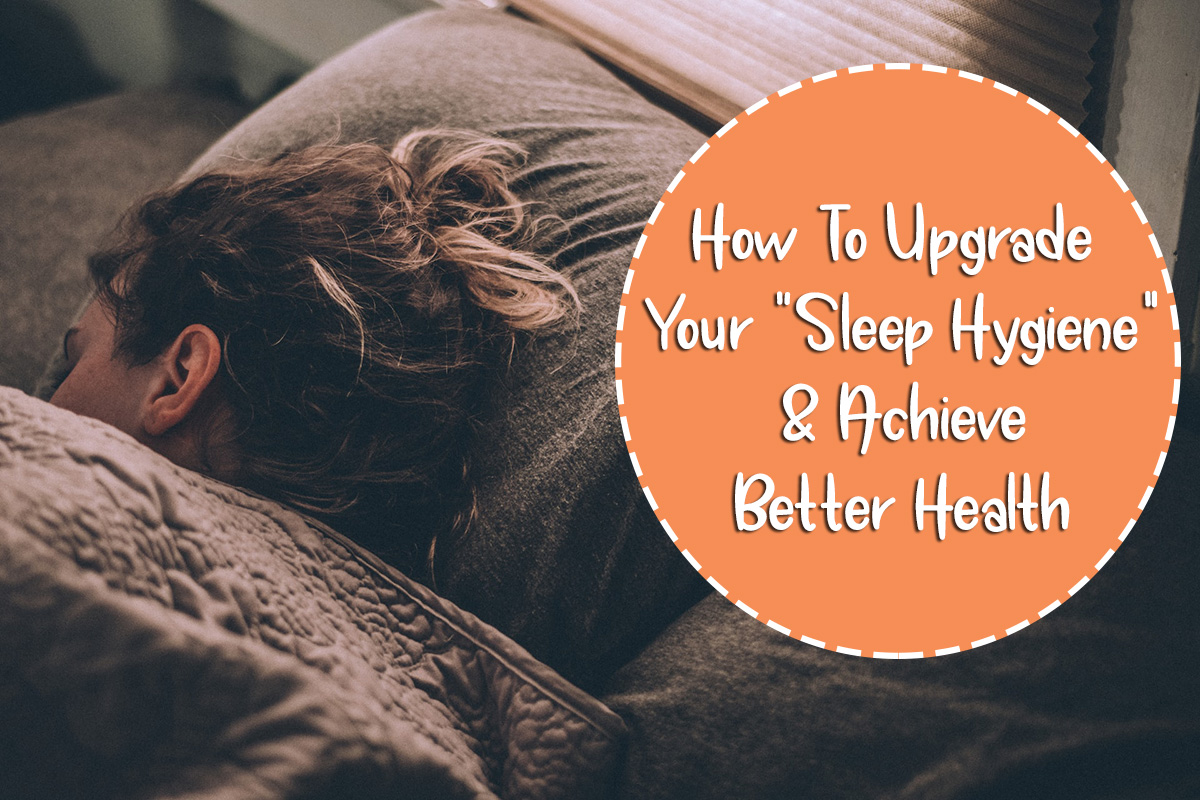Sleep is directly correlated to our physical and mental health. Even one night without a good night’s sleep affects your daytime energy, emotional balance, and productivity. In the long run, sleep deficiency can affect your weight and increase the risk of high blood pressure, diabetes, heart disease, and stroke. So, it’s important to allow your body and mind to rest and recover during the night. Here’s how to upgrade your sleep hygiene and achieve better health.
Have A Comfortable Bed
If you often experience an aching neck or sore back after waking up, it means your mattress and pillow are not comfortable for your body. Try to find a perfect level of mattress firmness and pillows that provide support for your back and neck. You can find mattress reviews here, so you can skip wasting money on mattresses that don’t work for you. You might also want to look at Australia’s best adjustable firmness mattresses if you are in the market for a new bed. Easily find objective and trustworthy mattress reviews that will help you decide which one is the best for you. In addition, make sure your bed covers are large enough, so they don’t tangle during the night when you toss and turn.
Importance of Sleep Hygiene
“Sleep hygiene” is a term for behaviors that affect sleep quality. Sleep hygiene includes bedtime, wake-up routines, physical activity, and diet among other things. Good sleep hygiene should consist of a sleep schedule. Going to bed and waking up at the same time each day, even on the weekends, is important for overall health. Sleep should be your number one priority; however, it takes a lot of control to follow a sleep routine along with work, family life, and social life.
Also, physical activity and a healthy diet are a part of “sleep hygiene”. Avoid smoking cigarettes, and don’t drink alcohol or caffeine in the hours leading up to bed for a good night of quality sleep. In addition, avoid large meals before going to bed as this can impact sleep.
Exercises Regularly
Physical activity and exercise are one of the best ways to improve your sleep, however, make sure not to exercise right before going to bed. Exercise increases hormones such as adrenaline, which can make it hard to fall asleep. It’s proven that regular exercise can reduce symptoms of insomnia and improve sleep quality. For example, people with severe insomnia who exercised experienced falling asleep faster.
Responsible Naps
If you love napping during the day, just make sure not to have naps longer than 20 minutes as they can make you feel even more tired and unfocused. Sleep hygiene should include a sleep-friendly bedroom, which means a sleep sanctuary without loud noises or lights during the night. The perfect sleep temperature is about 60-67 degrees Fahrenheit.
Clear Your Mind
If you find yourself having trouble falling asleep or waking up in the middle of the night, find what keeps stressing you out. Residual stress or worry can impact your sleep, so learning how to clear your head will help you get a full night’s sleep. If you’re busy during the day, it can be hard for your brain to unwind at night. A good idea is to develop a relaxing bedtime ritual that helps you clear your mind and relax for sleep. For example, take a nice warm bath, listen to soft music or read a book.
Conclusion
Sleep plays a huge role in your overall health, so it’s important to practice good sleep hygiene, which includes a healthy diet, exercise, sleep schedule, and taking naps responsibly. Getting your beauty sleep is important so make sure your bed is comfortable, so you don’t wake up all sore. Create a sleep-friendly setting in your bedroom for a full night of quality sleep. With these tips, you will achieve better health overall and feel energized during the day.






Leave a Reply